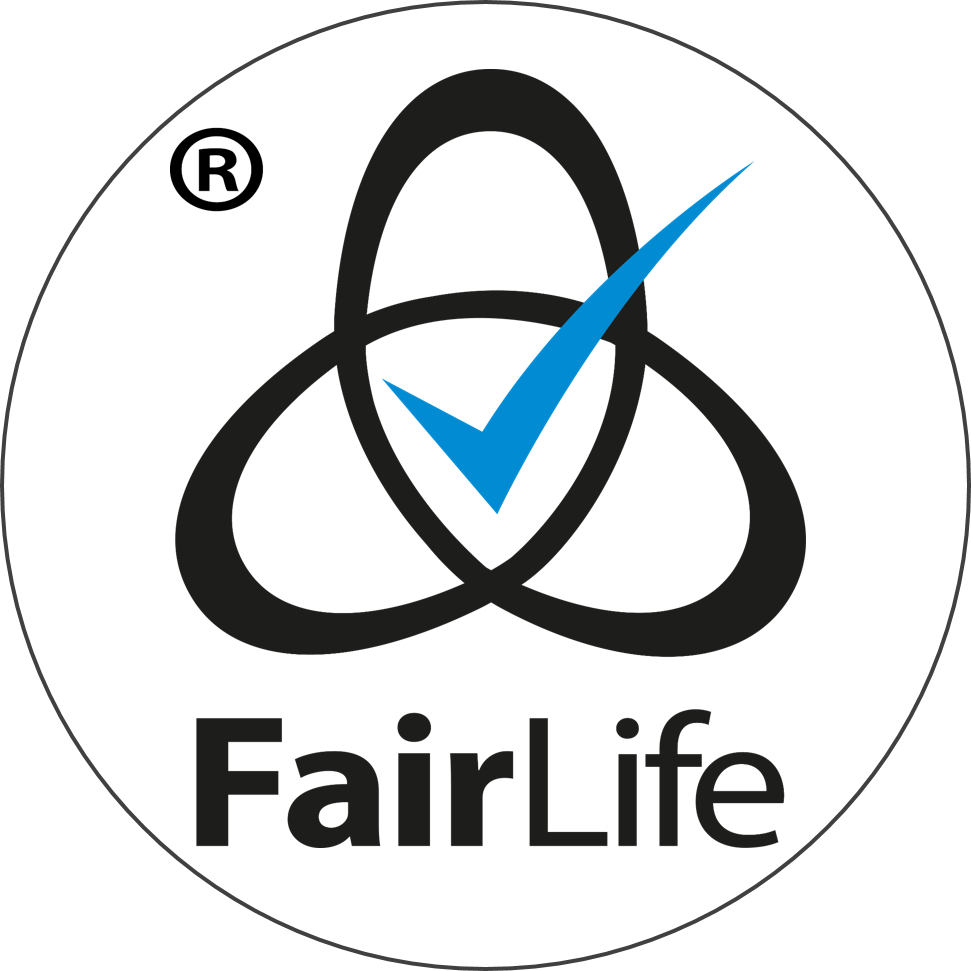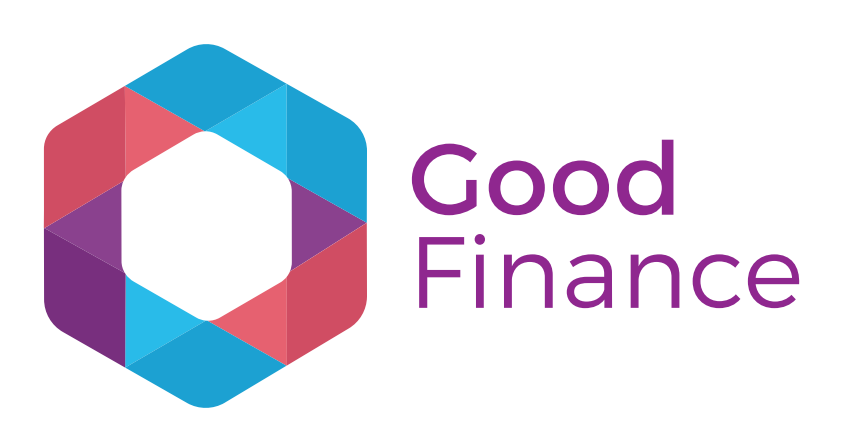
How to choose the right savings account
Starting your savings journey can feel overwhelming. With several types of savings accounts available, it’s natural to wonder: Which savings account is right for me? The answer depends on your financial goals and how you want to manage your money.
Before making a choice, ask yourself the following questions:
- What are your savings goals?
- Do you need regular access to your money?
- How often will you save?
- How much do you plan to set aside?
- What are the interest rates for savings accounts?
- What is the initial deposit you are willing to make?
These questions will help guide you towards the savings account that best suits your needs. Before you choose an account, it’s important to research the different types of savings accounts available. Be sure to also compare the interest rates offered by various providers.
Overview of savings account types
There are several types of savings accounts available, each designed for different savings goals. While all savings accounts earn interest, the interest rate can vary depending on the account type and provider.
Here are the most common options:
1. Fixed Term Savings Account
A Fixed-Term Savings Account, also called a fixed-term deposit account, lets you lock away your money for a set period to earn a fixed interest rate. These accounts often offer higher interest rates than other types of savings accounts.
Key Features:
- Common terms: 6 months, 1 year, 2 years (can vary from 3 months to 5 years)
- Ideal for short or long-term goals like holidays, weddings, or house deposits
- Interest is fixed and is paid either at maturity or annually, depending on the term you choose. For example – interest is paid at maturity for a 6-month term, while a 2-year term pays interest annually.
- You can only make your deposit at the start of the term.
- Withdrawals are generally not allowed, although some providers may charge a cancellation fee if you withdraw before the term ends.
Click here to learn more about Reliance Bank’s Fixed Term Savings Account.
2. Notice Account
As the name suggests, Notice Accounts require you to give advance notice before withdrawing your money. These accounts are more flexible than fixed-term accounts, as you can withdraw money by giving notice to your provider. However, they still require planned savings, as you cannot access your funds immediately.
Key Features:
- Common notice periods are: 35 days or 90 days
- Ideal for savers who want better interest rates but may need access to funds at some point
- Interest is paid monthly or quarterly and is variable
- Interest rates can change depending on market conditions
- Unlimited deposits can be made into the account
3. Instant Access Savings Account
Also known as Easy Access Savings, these accounts offer complete flexibility. You can deposit and withdraw money anytime, without penalties.
Key Features:
- Unlimited withdrawals and deposits
- Ideal for emergency funds or frequent access
- Interest rates are variable and may change at times by the provider
Click here to learn more about Reliance Bank’s Instant Access Savings Account.
4. ISAs
ISAs are tax-free savings accounts. You don’t pay tax on the interest you earn, which makes them a popular option for long-term savers.
Key Features:
- Annual tax-free allowance: £20,000
- Types include – Cash ISAs, Stocks & Shares ISAs, Lifetime ISAs, and Innovative Finance ISAs
- You don’t pay tax on:
- Interest from cash ISAs
- Income or capital gains from investments in ISAs
How to choose the right savings account for your financial goals
Your financial goals will determine which savings account is best for you.
- Need flexibility to access funds? An Instant Access Savings Account is great if you want to access your money anytime. However, the interest rate is variable and may change at the provider’s discretion.
- Want higher interest and don’t want to access funds for a set period? A Fixed Term Savings Account could be the best option. You’ll earn a guaranteed rate but won’t be able to access your money during the term.
- Don’t need frequent access to funds but want better interest rates? Consider a Notice Savings Account. You’ll need to plan your withdrawals but can benefit from better interest rates than instant access.
- Want to save tax on savings? ISAs let you save up to £20,000 each tax year without paying tax on the interest. You can spread this across multiple types of ISAs. Example: You can save £14,000 in a Cash ISA, £4,000 in a Stocks & Shares ISA, and £2,000 in an Innovative Finance ISA in a single tax year. The maximum you can pay into a Lifetime ISA is £4,000 per year.
Here’s a quick summary of each savings account.
| Instant Access Savings Account
Key benefit – Flexible withdrawals Withdrawal terms – Unlimited withdrawals Interest rate type – Variable
| Fixed Term Savings Account
Key benefit – Fixed returns on savings Withdrawal terms – No access to funds until the end of fixed term Interest rate type – Fixed
| Notice Accounts
Key benefit – Balance of flexibility and returns Withdrawal terms – Withdrawal only after giving notice to the provider (such as 35 days or 90 days) Interest rate type – Variable | ISAs
Key benefit – Tax-free savings Withdrawal terms – Depends on the type of ISA Interest rate type – Variable or Fixed |
Do I have to pay tax on my savings?
Yes, interest earned on your savings is taxable, depending on your income and tax band. However, ISAs are the exception: interest up to £20,000 per tax year is tax-free.
For more information or to estimate your tax, visit the UK government savings tax page.
How saving with Reliance Bank makes a positive impact?
Reliance Bank was founded as the bank for The Salvation Army in 1890, from day one, the bank has been delivering positive societal outcomes aligned to the mission of The Salvation Army.
When you open a savings account with Reliance Bank your deposits will be used to provide funding to a range of organisations that deliver positive social impact in the UK. In 2024, Reliance Bank’s funding helped:
- 2,900 people with community centers and facilities
- Reduce hunger for 2,100 people
- Reduce poverty for 545 people
- 443 people receive personal learning and development opportunities.
We call it: Giving money meaning.
Read our most recent Social Impact Report here.
Ethical Principles: Reliance Bank has chosen to follow the ethical position of its founding shareholder, The Salvation Army. For that reason, Reliance Bank does not conduct business with sectors and activities that have a negative impact on people, the planet or have negative ethics.
Save with Reliance Bank
If you want to save while making a social impact – then join us and make a difference!
- Get support from our UK based Customer Experience Team.
- Manage your account via telephone or online banking.
Ready to open a savings account that makes a difference? Click here to compare our ethical savings account
Helpful Definitions
- Interest rate – The percentage you earn for keeping your money in the bank
- AER – AER stands for Annual Equivalent Rate. It illustrates what your interest rate would be if interest was paid and compounded each year and allows you to easily compare different savings accounts. As every advertisement for a savings product, which quotes an interest rate, will contain an AER you will be able to compare more easily what return you can expect from your savings over time.
- Gross rate – Gross rate means that credit interest is paid without income tax being deducted.
- FSCS protection – The Financial Services Compensation Scheme (FSCS). The FSCS can pay compensation to depositors if we as a Bank fail to meet our financial obligations. In general, all retail depositors and businesses are covered by Deposit Guarantee Schemes. Exceptions for certain deposits are stated on the website for the Financial Services Compensation Scheme.






